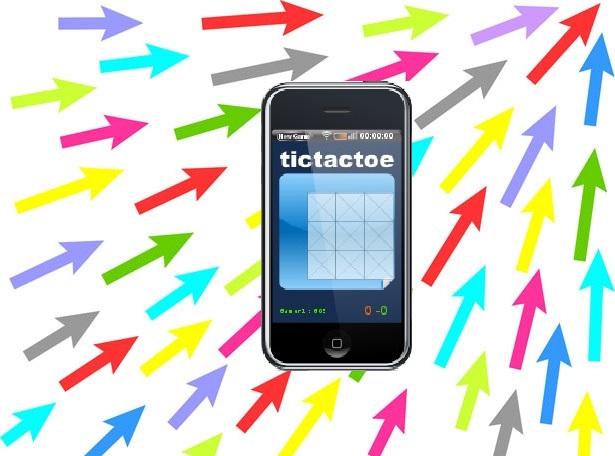 Developer to begin hiring for mobile games push in coming weeks
Developer to begin hiring for mobile games push in coming weeks
Deep Silver, a game developer owned by Koch Media, has announced plans to enter into the mobile games space. The developer is looking to expand its development team by hiring additional talent. Deep Silver is one among many game developers that has begun to focus on the development of mobile games due to the growing popularity of mobile devices. The developer plans to announce new positions in the coming weeks across its development, sales, and marketing divisions.
Mobile technology makes gaming possible anywhere
Koch Media CEO Klemens Kundratitz notes that consumers can now play games wherever they are thanks to the proliferation of mobile devices like smartphones and tablets. Kundratits suggests, therefore, that making the transition toward mobile gaming is a logical business move for Deep Silver. The developer will not focus exclusively on mobile games, of course, as evident in the company’s recent acquisition of intellectual property from defunct game developer THQ.
Deep Silver to focus on cross-platform mobile games
Deep Silver aims to make its mobile games cross platform; available to all mobile operating systems. Some of the company’s console titles are also likely to have some representation in the mobile space, but the developer has yet to announce any plans concerning what games these might be. Menno van der Bil, commercial director for Deep Silver, claims that consumers can expect to see the same innovation and originality that they have come to expect from the developer.
Demand for mobile gaming continues to grow
Mobile games are expected to have a profound impact on the game industry. As consumers become more interested in mobile platforms, their interest in consoles may begin to wane. Indeed, the availability of mobile games and digital distribution has hurt the retail sale of physical game products. Deep Silver does not foresee any significant turbulence in the future of console gaming, but the developer is keen on establishing a formidable presence in the mobile gaming space in order to appeal to the interests of an evolving consumer base.

 Kapitall analysis highlights the growth of mobile gaming over the years
Kapitall analysis highlights the growth of mobile gaming over the years